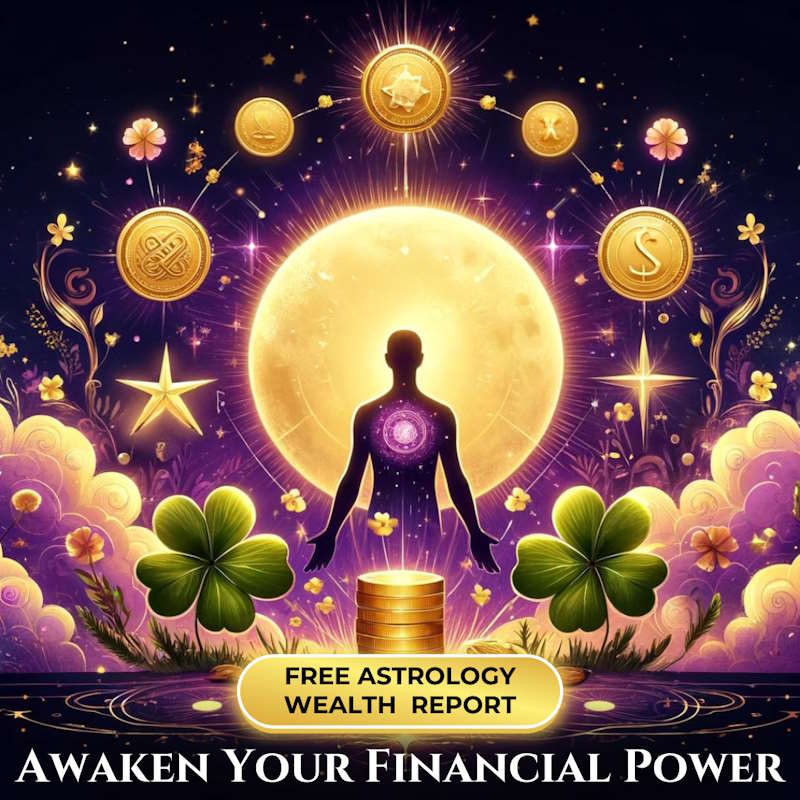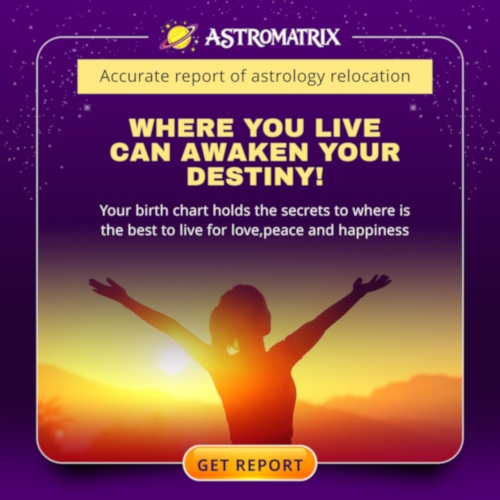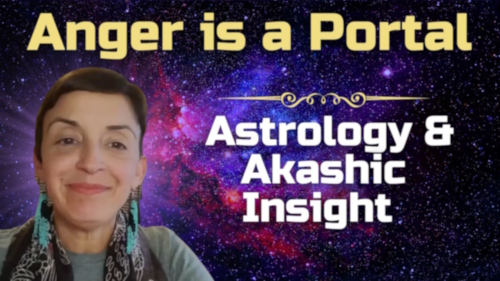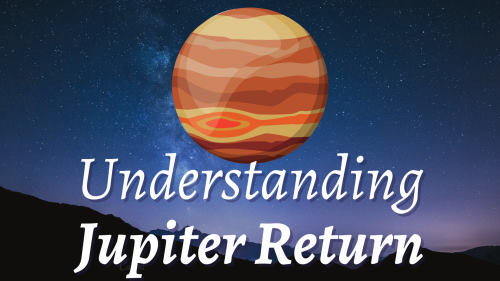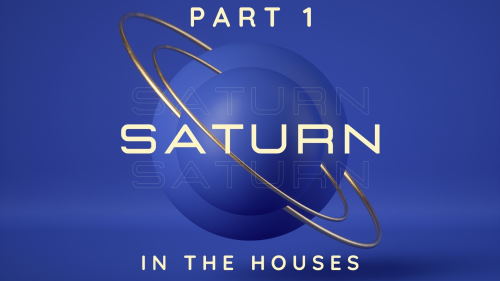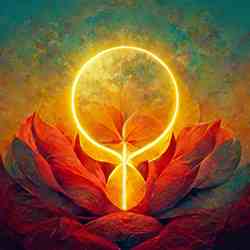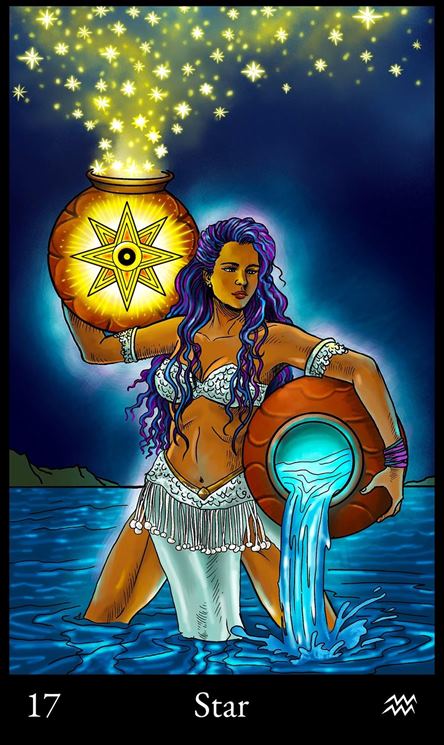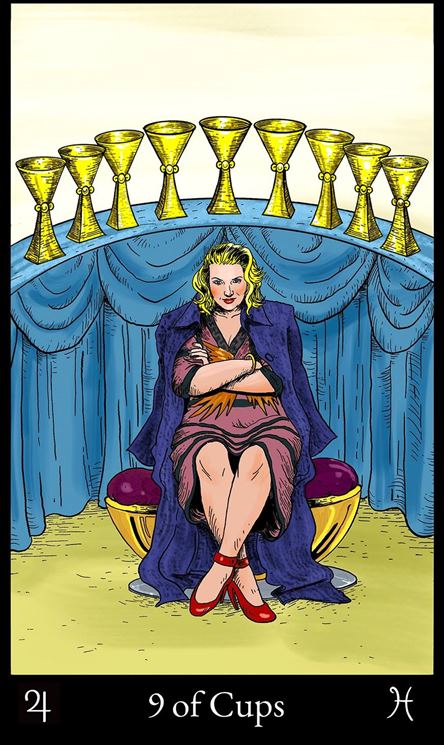Juno Opposition Moon ~ Planet Aspects

"I am capable of navigating the delicate balance between connection and independence, honoring my needs while fostering healthy relationships."
- Exploring emotional needs and partnerships
- Navigating the tension gracefully
Juno Opposition Moon Opportunities
- Navigating emotional-security vs. personal-freedom
- Establishing authentic familial connections
Juno Opposition Moon Goals
Juno Aspects
Juno: The Covenant of Partnership
In the natal chart, Juno, named after the Roman goddess of marriage and commitment, signifies the nature of one's ideal partnership and the qualities one values in long-term commitments. It delves deeper than just romantic inclinations, revealing insights into how an individual perceives loyalty, what they expect in terms of fairness within a union, and their innate approach to contracts, be they marital or otherwise. Juno's position by sign can indicate the kind of partner one is drawn to or the style of partnership that resonates most deeply. For instance, Juno in Leo might seek a dramatic, passionate, and loyalty-driven relationship, while Juno in Gemini might prioritize intellectual rapport and communication.
Juno's Sacred Vows
Beyond sign placement, the house Juno occupies shows the arena of life where one seeks deep commitment and where themes of contractual bonds might play out. For instance, Juno in the 10th house might indicate a person whose commitment is closely tied to their career or public life, perhaps suggesting business partnerships or a marriage that holds significant public importance. Aspects to Juno, whether harmonious or challenging, reveal nuances in how one navigates long-term commitments. A square to Venus might suggest tensions in balancing personal desires with partnership obligations, while a trine to Mercury could point to a harmonious communicative bond with a partner. Juno's intricate dance in the natal chart sheds light on the sacred vows one is inclined to make and the nature of the unions one seeks.
Juno Opposition Moon Meaning
When Juno opposes the Moon in a birth chart, it invites reflection upon the intricate dance between one's emotional needs and the dynamics of partnership. This aspect invites exploration, rather than suggesting a fixed outcome, as it brings attention to the delicate balance between the desire for emotional security and the longing for personal freedom within relationships. Consider pondering the following question: How can you navigate this tension in a way that honors both your need for connection and your need for independence?
One area where this tension may manifest is in intimate relationships. Finding a harmonious balance between emotional closeness and maintaining personal freedom may prove challenging at times, requiring open communication and a willingness to negotiate boundaries.
Family dynamics may also be influenced by this opposition. Conflicts between individual needs and familial expectations could bring about struggles in establishing a harmonious home environment. Reflecting on how to honor your own authenticity while still fostering familial connections can help navigate this dynamic.
Self-care and emotional well-being may require special attention with this aspect. Nurturing oneself emotionally can become a challenge, as the focus may be primarily on meeting the needs of others. Finding ways to prioritize self-care and create healthy boundaries can help restore balance.
Lastly, the opposition between Juno and the Moon may bring about fluctuations in emotional stability. Maintaining equilibrium and inner security might require deliberate efforts, such as self-reflection, seeking support from loved ones, or engaging in practices that foster emotional resilience.
Remember, astrology is a tool for self-reflection and understanding, offering guidance rather than determining one's path. Explore the complexities of this aspect with curiosity and the willingness to learn and grow.
Juno Opposition Moon Keywords
Unlock the secrets to prosperity with our Abundance report. Explore how your birth aspects influence your wealth and security. Learn how to attract and maintain abundance in all areas of your life.
Our user-friendly layout guides you through the various aspects of abundance, providing clear and actionable insights. By using your precise birth details, we ensure unmatched accuracy, delving deeper with the inclusion of nodes and select asteroids for a complete picture of your financial and personal prosperity.







